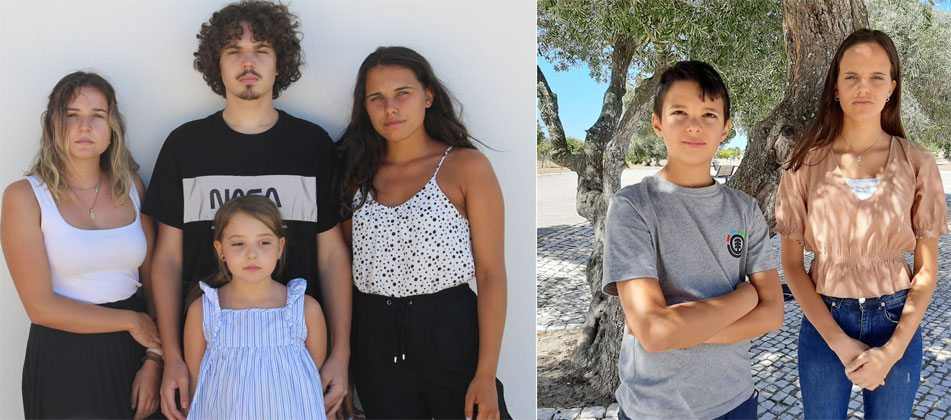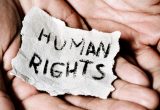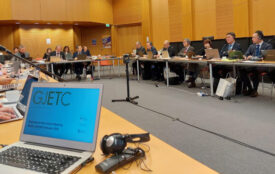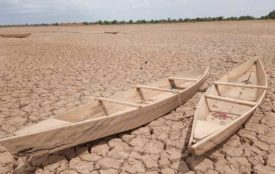EUROPE to bi judged on Climate in Landmark Trial
Six young Portuguese people bring climate case over violation of human rights. 32 European states appear at the European Court of Human Rights over failure to address the climate crisis.
On September 27, the European Court of Human Rights (ECtHR) held a hearing in the largest climate change lawsuit to date – by six Portuguese youth against 32 European states. The six youth-Applicants argue that these States are violating their human rights by failing to cut their emissions fast enough. The hearing will be unprecedented in scale, involving the largest number of states ever brought before any court.
The six youth-Applicants base their case on the detrimental impacts that climate change is
already having on their physical and mental health, as well as the worsening impacts that they
will experience in future. Recent heatwaves have confined them to their homes, limiting their
ability to play and socialise outdoors, exercise, sleep and concentrate.
According to expert evidence presented to the Court, based on the current global warming
trajectory, the youth-Applicants stand to endure heatwaves of over 40°C which last for a month
or more. They also point to their exposure to increasing risks from other climate impacts such as
wildfires, Atlantic storms and increased exposure to infectious diseases. These direct threats to
the youth-Applicants cause them significant anxiety, which is another central feature of the case.
The youth-Applicants have taken their case straight to Strasbourg, without going via national
courts, and argue that national courts have not gone far enough in protecting people from
climate inaction. Even in the landmark Urgenda case, the Dutch Supreme Court only ordered
the Netherlands to cut emissions in line with the “absolute minimum” of its fair share. As a
recent op-ed by the renowned jurist Philippe Sands explains, this approach cannot protect
human rights because if all States do this, global warming would overshoot the already
catastrophic 2°C threshold.
The Duarte Agostinho case is the first climate change case ever filed with the ECtHR; it is one
of three currently before the Court’s highest tier – the Grand Chamber – which only hears cases
of exceptional importance. Only approximately 0.03% of cases before the ECtHR end up before
the Grand Chamber.
A judgment in the youth-Applicants’ favour would be the equivalent of a legally binding regional
treaty compelling all 32 Respondent countries to rapidly accelerate their climate action (i.e.
through emissions reductions). In addition, as rulings of the ECtHR are influential in cases
before domestic courts in Europe, this judgment would also give claimants taking future climate
cases at the national level a much stronger basis on which to argue their cases.
A ruling in the case is expected in the first half of 2024.
According to one of the six youth-Applicants Martim Duarte Agostinho:
“Without urgent action to cut emissions, where I live will soon become an unbearable furnace. It
hurts me to know that European governments have the power to do so much more to do their
part in preventing this and are choosing not to. Our message to the judges on 27th September
will be simple – please make these governments do what it takes for us to have a liveable
future.”
Gerry Liston, senior lawyer with the Global Legal Action Network (GLAN) who is leading
the case which is supporting the youth-Applicants, said:
“European governments’ climate policies are consistent with a catastrophic 3 degrees of global
heating this century. For the brave youth-Applicants, that is a life sentence of heat extremes
which are unimaginable even by today’s rapidly deteriorating standards. The European Court of
Human Rights was set up following the horrors of World War 2 to hold European governments
to account for failing to protect human rights. Never has there been as urgent a need for the
Court to do so than in this case.”
Source
Youth4 Climate Justice 2023 | GlobalLegalActionNetwork – glan |Übersetzt mit www.DeepL.com/Translator (kostenlose Version)








